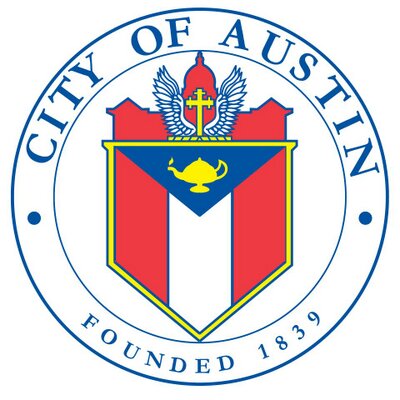I wish them great success. I don’t think the fanatics in the Legislature will let them achieve it, but we’ll see.
Austin City Council unanimously (in the absence of lone Republican Mackenzie Kelly) approved four items on Thursday, July 21 that aim to provide people within the city some legal protection should they seek or perform an abortion.
The special meeting was called following the U.S. Supreme Court’s ruling in Dobbs v. Jackson Women’s Health Org. last month, which overturned its prior Roe v. Wade and Casey v. Planned Parenthood decisions guaranteeing a constitutional right to terminate a pregnancy. In Texas, 2021’s Senate Bill 8 already made those providing or “aiding and abetting” abortion care after about six weeks (before many people know of their pregnancies) liable to civil lawsuits that can be filed by anybody.
[…]
The item most likely to have immediate impact is known as the GRACE Act (Guarding the Right to Abortion Care for Everyone), a measure introduced by Council Member Chito Vela which directs the Austin Police Department to “deprioritize” investigations into criminal offenses related to abortion.
Effectively, that means Council is asking APD (technically, they’re asking City Manager Spencer Cronk to ask APD Chief Joseph Chacon) not to devote any financial resources or labor to investigating cases related to abortions. Exceptions in the measure include instances where an abortion is being coerced, or when a provider is accused of negligence.
For now, APD has not indicated how it will respond to the GRACE Act. Chacon will have to work with his executive team and the city’s Law Department on implementation, but have not provided insight into what that might look like or how long it might take. In response to questions from the Chronicle, an APD spokesperson said, “We are working through the resolution and we’ll present next time when we come back to Council.”
The unanimous Council (Kelly missing the meeting due to a previously scheduled surgery) also approved an ordinance initiated by CM Vanessa Fuentes to protect people who’ve received “reproductive health actions” from discrimination in housing, employment, or access to public services. The other two resolutions adopted at the meeting were both from Mayor Steve Adler and related to “long-term birth control,” including vasectomy. One directs Cronk to explore a public education campaign about birth control options and to ensure that city employees’ health insurance covers “low-cost birth control.” (From an insurer’s perspective, vasectomy and tubal ligation are lower-cost than ongoing hormonal or barrier birth control.) Cronk is expected to report back to Council no later than Sept. 30.
Adler’s second resolution asks staff to recommend budget provisions that would enable city employees to have “reasonable access to reproductive health care services that are no longer lawfully available in Texas.” This resolution does not include a report-back date, but presumably staff would need to offer recommendations soon if they are to be adopted along with the city’s fiscal year 2023 budget on Aug. 17.
Rockie Gonzalez, deputy director of the Austin Justice Coalition and founder of the Frontera Fund, which has organized around abortion access in the Rio Grande Valley since 2014, told the Chronicle that she was encouraged by the items Council passed. “The most important thing for advocates right now is to get decriminalization measures and protections in place for folks seeking abortions, those providing abortions and those helping other folks to get the abortion care that they need.”
The GRACE Act does not protect organizations, like the Lilith Fund in Austin, that had been helping individuals coordinate and pay for access to abortions. Depending on how APD implements the direction, however, it could protect someone who decides to help a friend or family member access an abortion. Still, Gonzalez said, the measures will help abortion care advocates in Austin because they will not have to focus as much on the criminalization of abortion in Texas.
“Locally, impact on abortion advocates is going to be a little bit of wiggle room and protection to do the advocacy work that we need to continue to do,” Gonzalez told us. “In Austin, at least, we won’t need to focus as much on creating bail funds and securing legal support for folks who might be criminalized” for seeking an abortion. She also hopes advocates can work together to pass similar measures in other cities throughout Texas.
See here and here for some background. If the Austin PD is amenable to this, then there ought to be some decriminalization benefit, at least in the short term. We know the forced-birth caucus in the Legislature will find ways to shut this down, but it’s still something for now.
The bigger problem in the meantime is the threat of SB8, the vigilante bounty hunter law, which hasn’t been used yet but is being prepped for weaponization as we speak. There’s not only nothing that the city of Austin can do to prevent those attacks, the city may find itself on the wrong side of SB8-enabled lawsuits as a result of these actions. Again, I hate to sound like a doomsayer, but these people aren’t subtle and they won’t hold back. The only way to really fight back is at the state and federal level, where the levers available to take action are much more powerful. I wish this kind of ground-level resistance could be successful. My fear is that it will be steamrolled. I hope I’m wrong. The Texas Signal has more.

